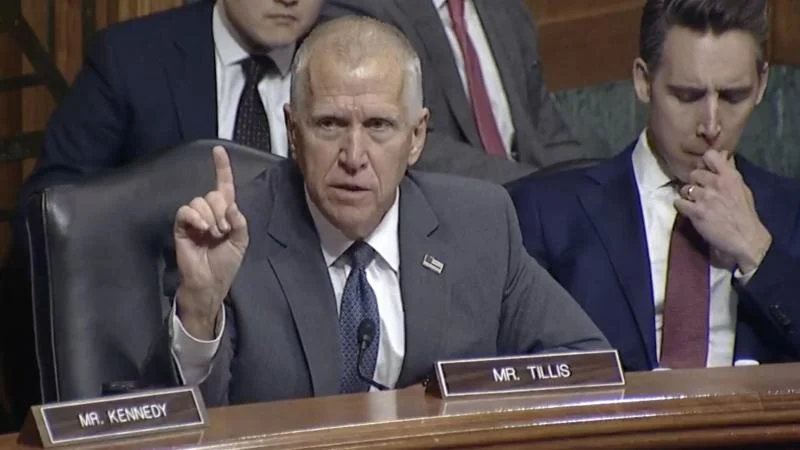Senate Republicans are expected to reveal some of their revisions to the tax and Medicaid portions of the One Big Beautiful Bill Act, inching closer to a nail-biter floor vote.
The House-passed multitrillion-dollar budget reconciliation bill extends key portions of the expiring 2017 Tax Cuts and Jobs Act for the next 10 years. It also raises the debt ceiling by at least $4 trillion, finds $1.7 trillion in savings, and fulfills President Donald Trump’s energy, border security and defense agenda.
The Senate Finance Committee’s expected changes to the bill include making permanent three tax incentives for businesses – full reimbursement for capital investments, an expanded deduction for corporation’s interest on debt, and streamlined deductions for companies’ research costs.
The legislation will also cap the Medicaid provider tax at 3.5%, down from the House’s version which bans states from raising provider taxes higher than 6%. Other potentially controversial changes to Medicaid could be included, though the committee may leave some portions unfinished to allow for negotiations.
Other major provisions that will likely have placeholders are reductions to the state and local tax (SALT) deduction cap, which a group of House Republicans vehemently pushed for. Those lawmakers have threatened to tank the bill, assuming the Senate passes it, if the upper chamber touches the boosted $40,000 SALT deduction cap.
Senate passage is far from certain however, even though the budget reconciliation process allows the bill to pass via a majority vote.
Any changes announced Monday will likely spark opposition from at least one Republican faction. Fiscal hardliners have demanded greater spending cuts to offset the cost of the bill, while other Republicans warn they will withhold support if clawbacks of climate and energy subsidies or reductions to Medicaid spending are ramped up.
There’s also the looming question of whether the Senate Finance Committee will use an unconventional accounting method to make all the 2017 tax cuts permanent, rather than sticking with the House’s ten-year extension.
The House operated under current law baseline, which assumes that extending current tax cuts will result in trillions of lost revenue over the next decade.
But if the committee’s addition to the bill uses the current policy baseline – which would treat the 2017 tax cut extensions as a continuation of current law rather than new policy – they could paper over the cost of extension, authorizing tax cut permanence.
Republicans in both the House and the Senate have already warned they will not support a bill that uses the current policy baseline.






